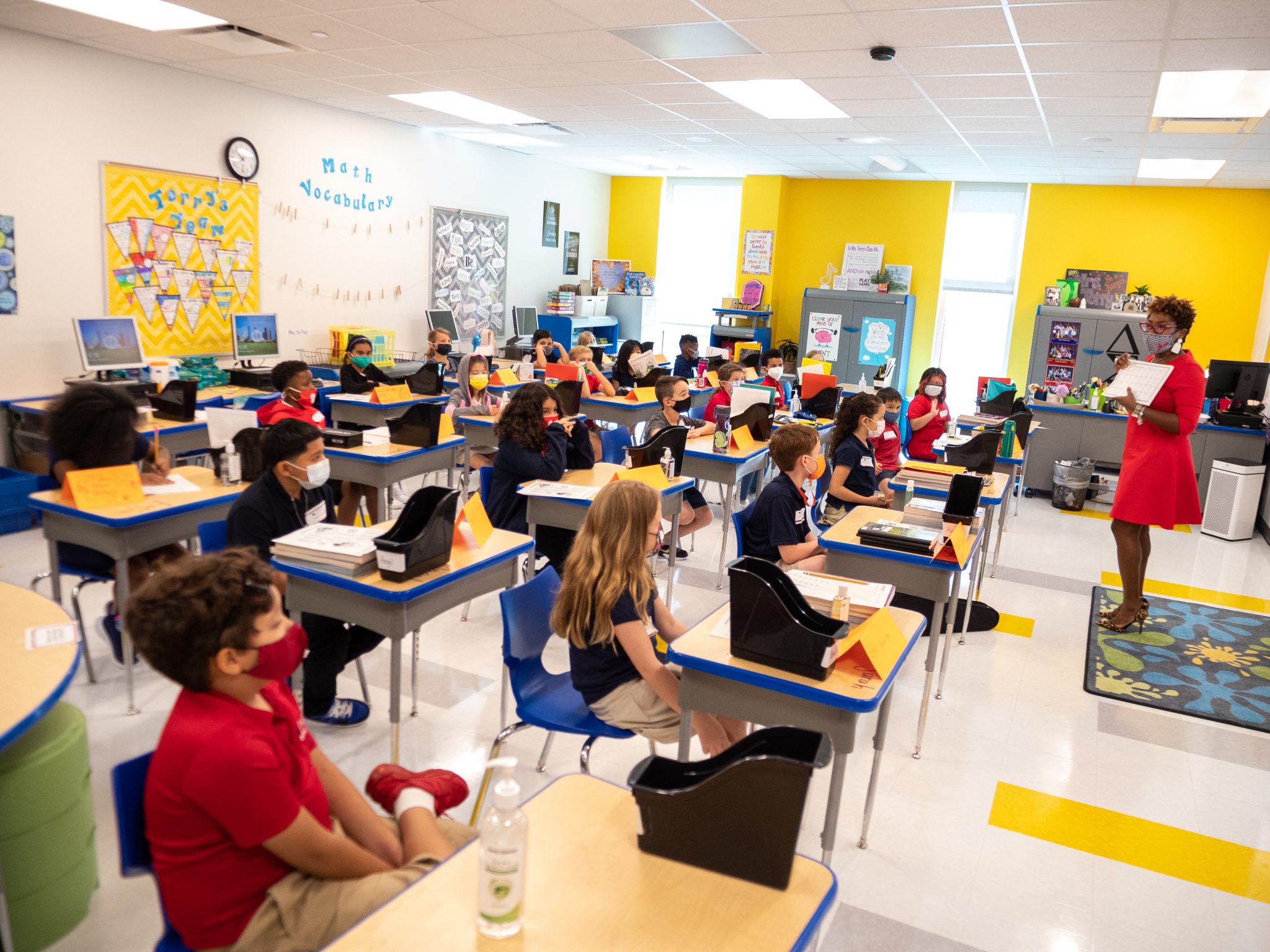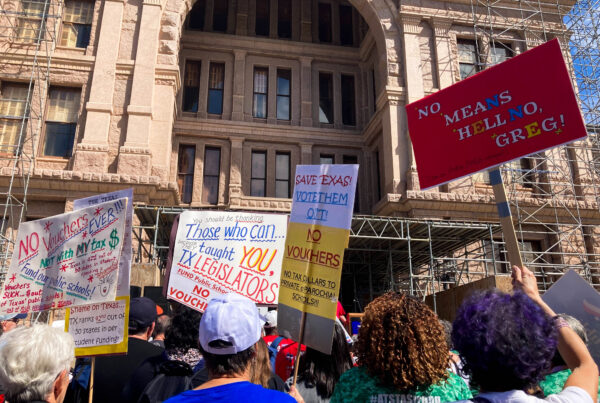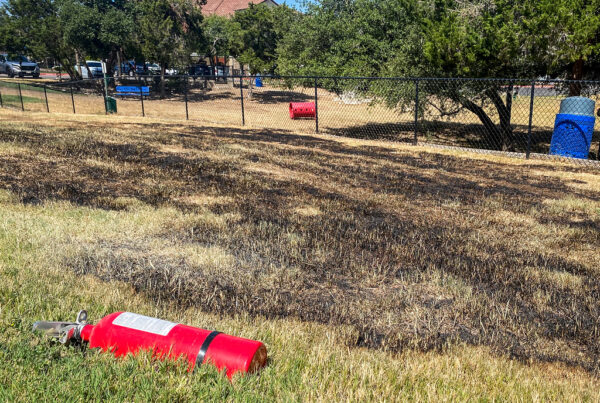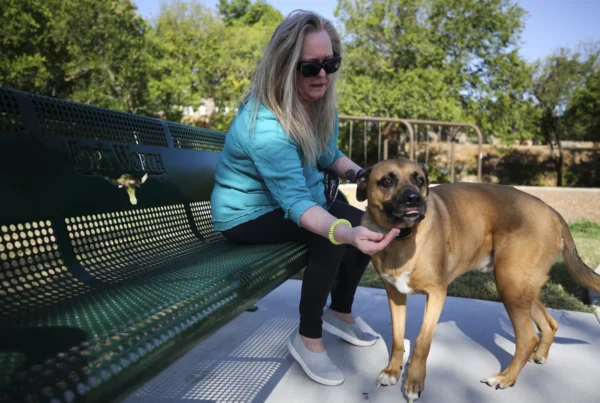The amount of jargon or insider lingo associated with complex topics like education funding in Texas can be daunting for those who don’t follow the Legislature constantly. With the latest special session kicking off this week, here is a guide to terms that will likely come up a lot during deliberations over potential education policy changes.
Sergio Martínez-Beltrán covers state politics for the Texas Newsroom. Listen to the interview above or read the transcript below.
This transcript has been edited lightly for clarity:
Texas Standard: Let’s begin with this broader term. When it comes to education funding in Texas. What is the basic allotment?
Sergio Martínez-Beltrán: That’s the magic two words right. Those are the big words here. The basic allotment is how the state funds public schools. This is the minimum amount of dollars that public schools get per student. These funds are appropriated by the Texas Legislature. Right now, public schools get $6,160 per student. Advocates have asked over and over for an increase to the basic allotment that takes into consideration things like inflation or technology. But that hasn’t happened. The last time the Legislature adjusted the basic allotment was in 2019. It’s important to note, though, that during the regular session earlier this year, there were some efforts led by House Republicans to increase the basic allotment. But that bill failed after a last-minute effort to use it as a vehicle to pass…guess what? School vouchers.
All right. Now, I know the related to the basic allotment is this concept of recapture. Camille Phillips – we were just hearing from her – talked about that. This is sometimes called ‘Robinhood.’ Can you walk us through how this process of recapture works?
Recapture is something that I learned when I moved here to Texas. Under state law, recapture is a mechanism to spread local property tax dollars to other school districts. Right now, school districts collect local property taxes, Let’s say Austin Independent School District were to collect more property taxes than what’s needed, that excess will be recaptured by the state and redistributed to some of the school districts with less money. This has a real impact on every school district. Austin ISD, for example, is considered a property rich district. And according to the school district, in fiscal year 2022, they estimated that nearly 53% of all local revenue collected from property taxes was subject to recapture. But smaller districts, or those not as rich, rely on this money to fund our schools. We thought recapture and we thought a fix to how the state funds public schools. Some school districts could be severely affected.
I want to understand something. Is the basic allotment sort of the baseline and then the money that’s distributed through recapture on top of the basic allotment?
That’s right. Yes. And there’s additional funding that comes depending on the size of the school district as well. But that’s not taken into consideration all the time.
Now, this is a bit complicated, but people often talk about school vouchers and these education savings accounts that the governor is advocating somewhat interchangeably. I know that there is some nuance there. Can you walk us through the differences?
Yes, big picture. With both school vouchers and education savings accounts, taxpayers’ dollars are used to fund the private education of children. Now, with school vouchers in particular, the public money can only be used to pay for a private school tuition. But education, savings accounts, or ESAs, are more flexible. Usually, parents get a debit card or a bank account, and they can use the public funds to not only pay for private schools, but they could pay for tutors and for other education related things. It depends on how the law is written. But again, bottom line is that it’s public funds, taxpayer dollars used to pay for private schools. There’s also this issue of messaging, which plays a big role here. And you mentioned it – the words, ‘school vouchers’ tend to be divisive. Lots of voters know what they are and reject them. But ESAs are not as common or as known and might make it easier for some lawmakers and voters to support them. In Tennessee, a few years ago, lawmakers passed ESAs. I remember covering that debate, the governor and GOP leadership in that state would push back when the reporters called the ESA vouchers, school vouchers, because they knew those words could make their plan unpopular.














